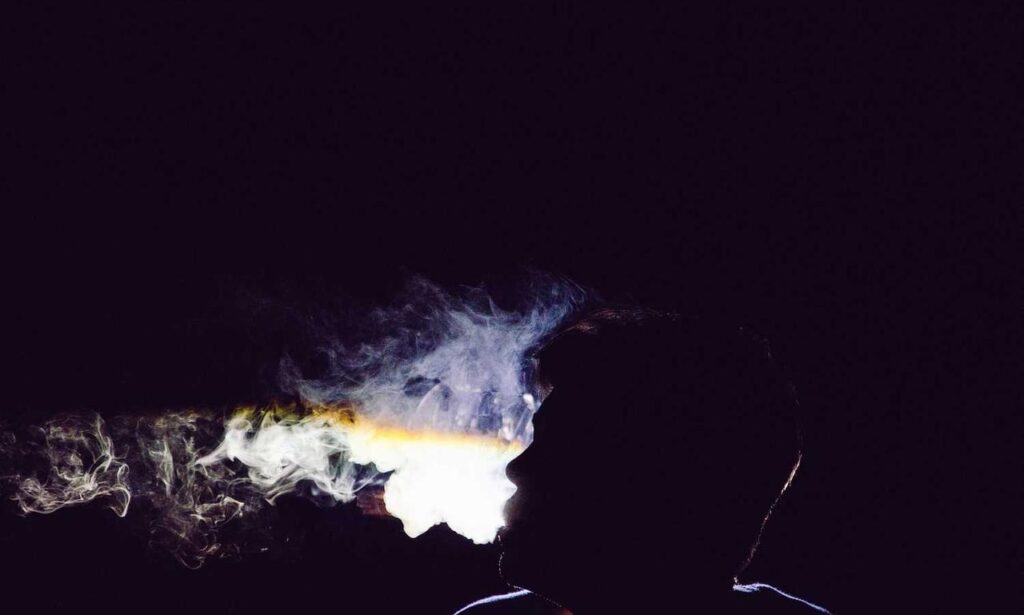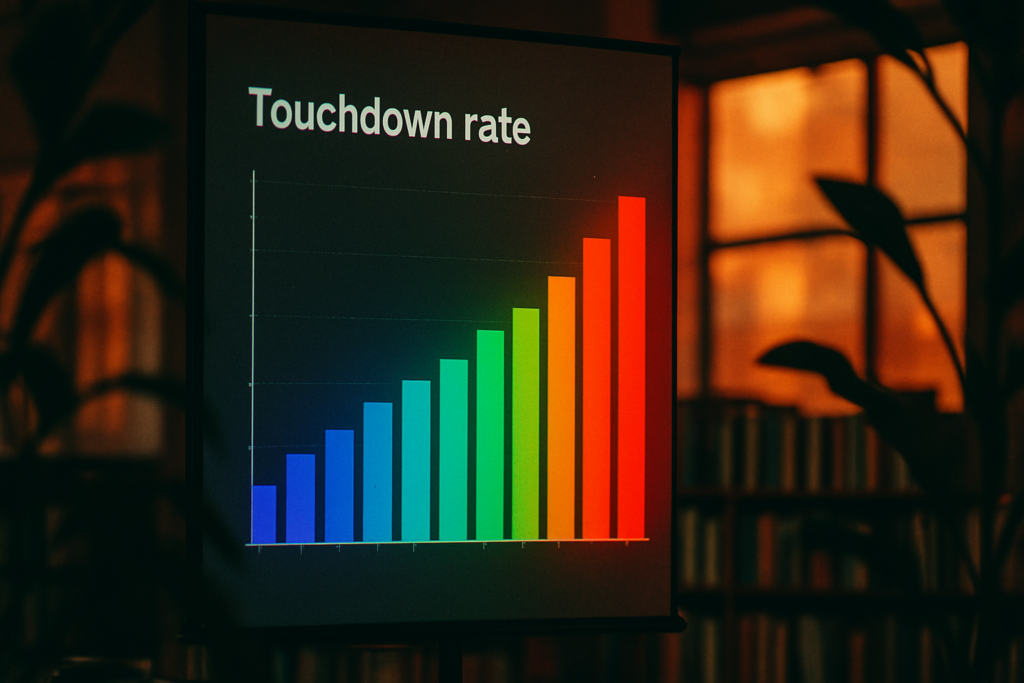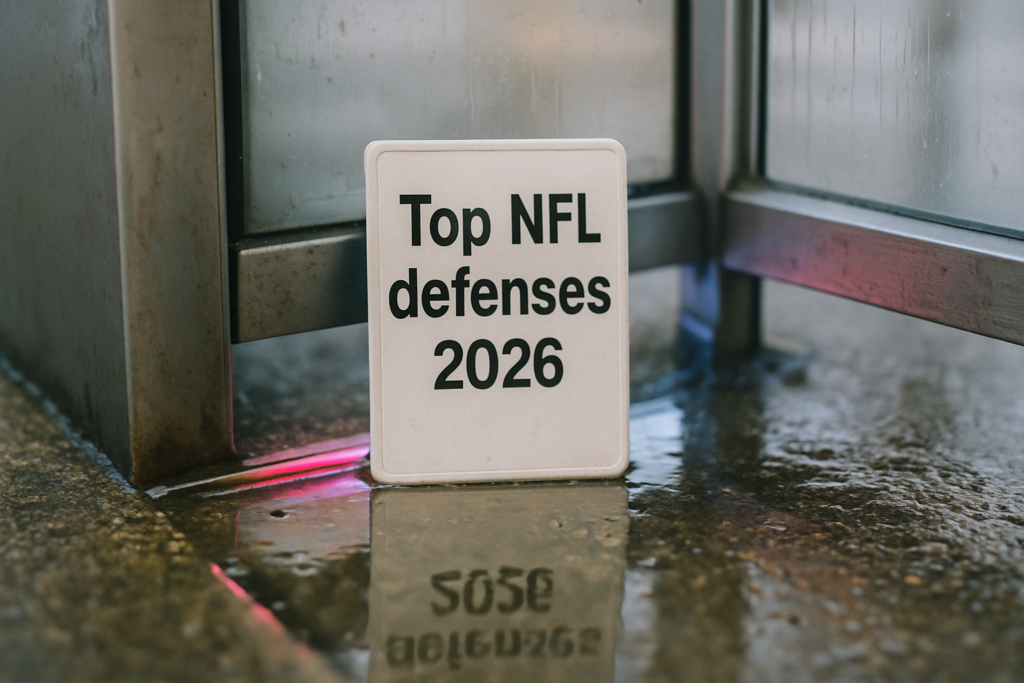What Exactly Is milondaygussing?
Let’s start simple. The term milondaygussing doesn’t come with a dictionary definition. It’s a usergenerated hybrid—likely born from internet culture, possibly part of a niche community joke, meme, or creative expression. Sometimes these words gain meaning through how they’re used, rather than what they originally meant.
You’ve seen it on Twitter (or X, if you’re trying to stay uptodate), cryptically captioning photos. It appears in comment threads, reels, stories, and even YouTube video titles. People use it while talking about lifestyle content, fashion, productivity hacks—pretty much anything. That’s the tricky part: its lack of specificity might actually be its strength.
The Meme Lifespan: How Internet Language Evolves
Internet phrases tend to follow a pattern. Someone uses a weird or catchy phrase once. Others notice. Someone turns it into a meme. It explodes, then either fades out or carves out a permanent corner of the culture. Right now, milondaygussing seems to be in that midphase: not brandnew, but not mainstream either.
Think of it like “cheugy” or “vibe check.” Initially, they’re all inside jokes (you’re cool if you know what they mean). But eventually, brands, bloggers, and marketers jump in and dilute the meaning—or help it catch fire. Either way, the phase is temporary. The language shifts fast online.
Urban Dictionary vs Reality
When terms like milondaygussing show up, people usually run to Urban Dictionary. But often, that doesn’t clarify much. One day’s definition might be sincere; the next could be parody. Language here is fluid, and half the time, it’s defined more by mood and usage than meaning.
In reality, what people do with the term matters more than any description. Are they posting morning coffee shots with it? Captioning gym selfies or workday recaps? Posting journaling routines? If so, milondaygussing could signal daily habits, routines, or selfimprovement tied to a typical Monday flow—but rebranded with an internet twist.
A Culture of Showing Up
Take a closer look at how the word functions. Monday is universally known as the “restart” button of the week. It carries energy, obligation, a little dread, and a lot of motivation marketing. Milondaygussing might be the digital version of that energy: showing up, getting stuff done, taking it seriously—but in your own style.
In this way, it might be part of a wider push toward personal agency. It’s not just “get up and work.” It’s “get up and make it yours.” When someone throws the label milondaygussing onto a post, they’re possibly claiming the Monday mood for themselves—owning the startofweek grind rather than resenting it.
Why It Sticks: Community & Callbacks
Trends don’t go viral for no reason. They’re sticky because they tap into shared feelings and inside jokes. Milondaygussing might mean “I’m doing this Monday thing my way”—but more importantly, it connects people who feel the same way. Hashtags, niche slang, lowkey motivational captions—they’re all part of this algorithmdriven community talk.
People use these labels not just for fun, but to signal identity. Whether that’s gym culture, remote work communities, aesthetic TikTokers, or niche Reddit groups, words like this are digital shorthand for “I’m part of this.” You know it or you don’t. That “wink and nod” aspect fosters loyalty and group cohesion.
The BuildYourOwn Meaning Era
We’re in a time where online language is deeply personal. The rules are thin, and people reshape words to suit themselves. That’s what’s happening with milondaygussing. It might borrow from Monday routines or lifestyle goals, but users give it meaning through repetition and context, not regulation.
And that reflects how people want to express themselves now: specific but flexible, recognizable but original. They want language that says something—but lets them fill in the blanks. That’s part of digital authenticity: using terms that feel loweffort, offthecuff, while still being part of a larger trend loop.
Should You Use It?
Short answer: if it fits, sure. There’s no gatekeeping here. But don’t overthink it.
If you’re sharing productive routines, introspective journaling, “reset” content, or something similar, tossing in milondaygussing might spark connection—or at least a comment. Used casually, it can show you’re tapped into more than just visual trends: you’re also playing with language in a subtle, smart way.
If you’re not ready for puzzling anyone, it may make sense to watch how others use it before jumping in. Context tells you everything. Scroll around. Observe how it shows up in captions and posts. See what vibe people pair it with. It’s a quick read on whether your own version would land or flop.
The Takeaway
At its core, milondaygussing captures a moment: motivation, routine, maybe even lowkey rebellion against the pressure of a “perfect” Monday. It’s short, weird, and openended—perfect internet material.
Like hundreds of other microtrends, it likely won’t last forever. But right now, it signals something interesting in online culture: how people remix words and days of the week into something uniquely theirs. And how a simple madeup word can carry meaning, mood, and movement all in one go.





